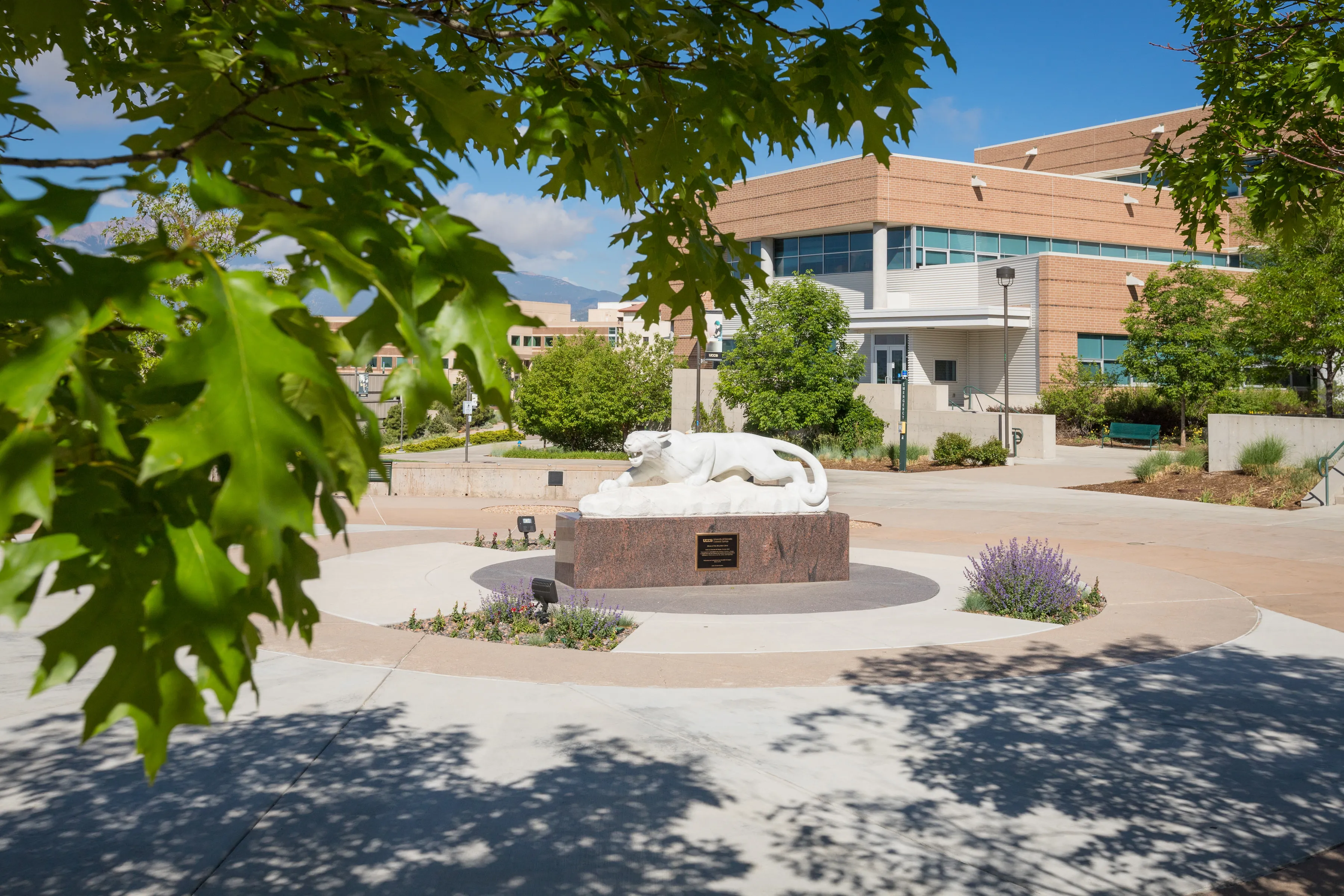
Planning
Campus Emergency Operations Plan - rev 2025
The campus Emergency Operations Plan (EOP) is intended to identify the roles, responsibilities, and actions required of campus departments and divisions in preparing for and responding to emergencies and disasters. The plan helps ensure a coordinated response by the campus in managing emergencies and disasters, save lives, prevent injuries, and protect property and the environment. The EOP is not meant to replace individual department or division standard operating procedures, but rather to serve as a framework from which to draw when a situation overwhelms the capabilities of a single department or division.
Each link below will open a PDF version for the section described:
Training and Planning Resources
The Department of Public Safety, including Emergency Management, provides training and planning support for a variety of topics each year. If you are interested in an opportunity for your department, class, or student group, please contact us at 719.255.3106 or via email at eprepare@uccs.edu to determine how we can best support you in becoming more prepared for emergencies. Here are just a few examples of common topics we provide training and/or planning for:
- Department Emergency Action Plans
- Evacuations and Shelter-In-Place
- Fire Extinguisher Use
- Dealing With Difficult People
- Personal Preparedness Planning
- Continuity Of Operations Planning
Floor Safety Liaisons
The Floor Safety Liaison program is comprised of volunteers across campus who serve as a point of contact to Emergency Management for their building and/or floor. Floor Safety Liaisons assist us in maintaining a basic emergency plan and contact information for their respective departments or areas. Many Floor Safety Liaisons also serve on the Emergency Preparedness Advisory Committee (EPAC), but this is not a requirement to participate in this volunteer opportunity.
If you would like more information on this program, more information on the Floor Safety Liaison for your building/floor, or would like to volunteer as a Floor Safety Liaison, please contact us at 719.255.3212 or via email at eprepare@uccs.edu
Floor Safety Liaison Planning Resources
To develop your floor emergency plan, click the link below to download the WORD document, fill in appropriate information, and email the finished document to eprepare@uccs.edu.
Continuity of Operations Planning
We believe every department is critical to the University’s overall mission–the loss of even one department diminishes the whole. UCCS can improve its readiness abilities to effectively prepare for, respond to, recover from, and mitigate/prevent against an impeding or existing threat or disruptive event, by investing in a proactive risk management process known as “Continuity Planning.” For this reason, every department on campus must participate in continuity of operations planning (COOP) efforts. BOLDplanning is the tool we use here at the University of Colorado Colorado Springs for COOP.
The UCCS campus is highly decentralized, with operational control exercised to a large extent at the department level. Since continuity planning is operational-level planning, it must focus on departments. Our goal is to work with you to develop the best operating strategies for your department and for the University in the event of an emergency situation. The “business” of higher education is teaching, research, and public service. In some cases (clinics) the “business” also includes patient care. The focus of COOP is to plan for how to get back to doing “business” as quickly as possible.